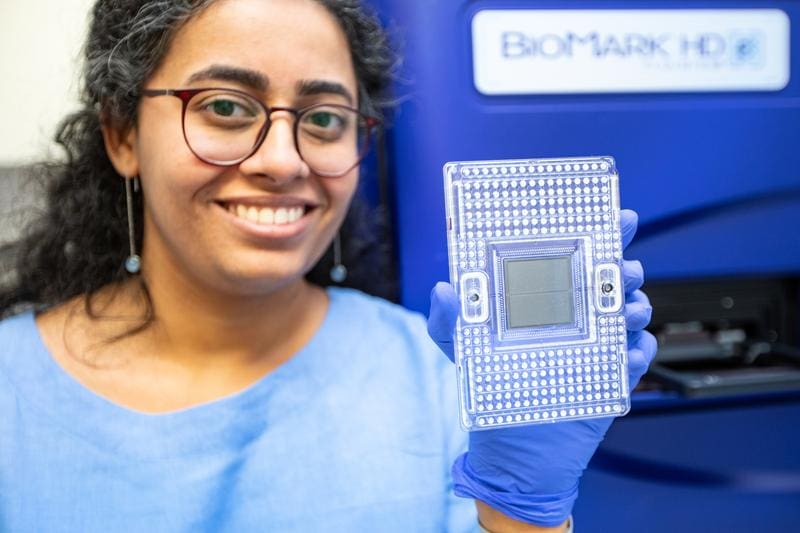International study by MHH identifies new risk factors for endometrial cancer
An international study led by the Hannover Medical School (MHH) has discovered five new genetic risk factors for endometrial cancer, the cancer of the endometrium. The findings, published in the journal eBioMedicine, are based on the analysis of genomic data from biobanks around the world, comparing the genomes of more than 17,000 patients with endometrial cancer with those of approximately 290,000 healthy women. The study, led by Dr. Thilo DûÑrk-Bousset, Head of the Gynaecological Research Unit at MHH, was validated on other patients at the MHH Women’s Hospital.
Endometrial cancer is one of the most common gynecological cancers worldwide, with about 400,000 new cases and 100,000 deaths annually. Known risk factors include obesity, diabetes, high estrogen levels, and increasing age. About five percent of cases are genetically determined, for example by hereditary syndromes such as Lynch or Cowden syndrome. The study increased the number of known genomic risk factors from 16 to 21, allowing for more accurate risk predictions.

One focus of the study was the Navigator-3 gene (NAV3), which was identified as a potential tumor suppressor. In cell lines from uterine tissue, silencing NAV3 was shown to accelerate cell growth, while excessive activity leads to cell death. “NAV3 normally limits cell growth in the endometrium and thus suppresses cancer formation,” explains Dr. Dhanya Ramachandran, first author of the study. In tumors, NAV3 is often greatly reduced.
The results open up new perspectives for early detection and therapy. “The more genes we identify, the more accurately we can calculate the risk of endometrial cancer,” emphasizes Dr. DûÑrk-Bousset. In addition, the findings on the function of NAV3 could provide new approaches for prevention strategies and therapies. The study, funded by the Wilhelm Sander Foundation, involved research institutions from Australia, Belgium, China, Germany, Great Britain, Israel, Italy, Canada, Kazakhstan, Sweden and the USA.
Original Paper:
GWAS meta-analysis identifies five susceptibility loci for endometrial cancer – eBioMedicine
Editor: X-Press Journalistenbû¥ro GbR
Gender Notice. The personal designations used in this text always refer equally to female, male and diverse persons. Double/triple naming and gendered designations are used for better readability. ected.




